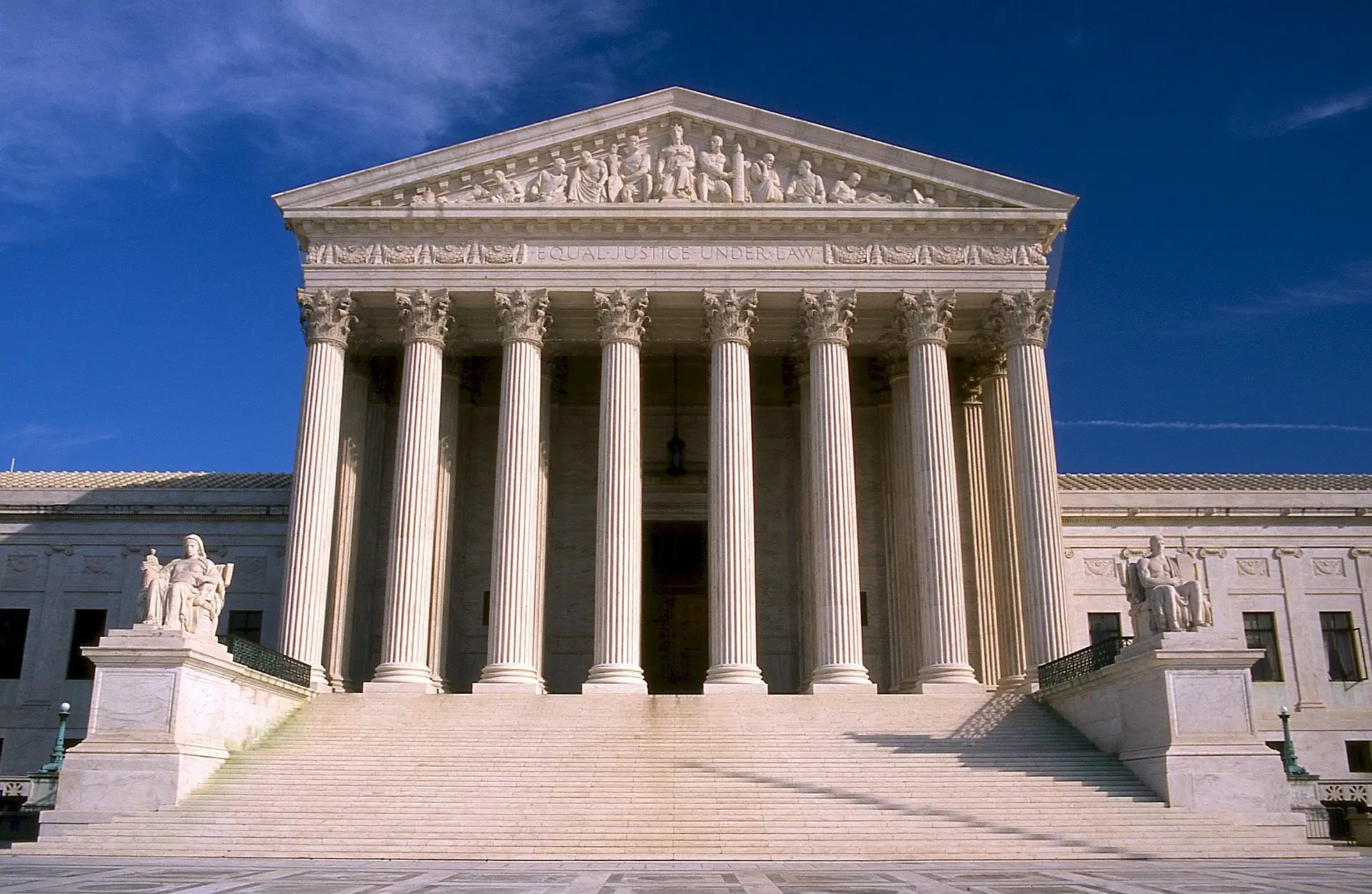
Over the past month, the U.S. Supreme Court has handed down a raft of decisions that overturn decades of precedence and Constitutional doctrine. Many expect that there is more coming, particularly with the expected overturn of Roe v Wade coming later this summer. Here’s a rundown of some recent decisions handed down by the Court:
Egbert v. Boule Gives Border Patrol Fourth Amendment Immunity
In this early June decision, the Supreme Court effectively overturns a previous Supreme Court decision – Bivens v. Six Unknown Agents (1971) – that established that federal law enforcement officers who violated the Constitution’s 4th amendment could be individually sued and required to pay compensation to their victims. In Egbert v. Boule, the court overturns that decision.
The Fourth Amendment to the United States Constitution states: “The right of the people to be secure in their persons, houses, papers, and effects, against unreasonable searches and seizures, shall not be violated, and no Warrants shall issue, but upon probable cause, supported by Oath or affirmation, and particularly describing the place to be searched, and the persons or things to be seized.”
In Egbert v. Boule, plaintiff Robert Boule argued that federal border patrol agent Erik Egbert violated the Fourth Amendment when he shoved Boule against his car, grabbed him, and pushed him to the ground when Boule stepped between Egbert and a guest on Boule’s property. Boule sued, arguing that he should be compensated for the alleged violation of his rights, per the Bivens decision.
However, this time the Supreme Court ruled that Border Patrol agents have total immunity from Bivens lawsuits, and may not be sued for constitutional violations. “We ask here whether a court is competent to authorize a damages action not just against Agent Egbert but against Border Patrol agents generally,” Justice Clarence Thomas writes in his opinion, adding, “the answer, plainly, is no.”
Vega v Tekoh Limits the Ability to Enforce Miranda Rights
In the 1966 ruling in Miranda v. Arizona, the court upheld that anyone who has been arrested must be informed of their legal rights before they are questioned.
“The warning of the right to remain silent must be accompanied by the explanation that anything said can and will be used against the individual in court,” the court stated in their opinion. The accused must also be notified of their right to an attorney and that “if he cannot afford one a lawyer will be provided for him prior to any interrogation.” It’s one of the most well-known Supreme Court decisions known today.
Vega undermines a large portion of that ruling, by stating that suspects who are not warned about their right to remain silent (or other Miranda rights) can’t sue police officers for damages under the federal civil rights law even if their statements are used against them in court at a criminal trial. According to Justice Samuel Alito, a violation of Miranda does not constitute a violation of the Fifth Amendment.
In their dissent, Jsutice Elena Kagan and other liberal justices noted that the majority ruling stripped “individuals of the ability to seek a remedy for violations of the right recognized by Miranda.”
“The majority here, as elsewhere injures the right by denying the remedy,” Kagan added.
Carson v. Makin Drastically Undermines the First Amendment’s Establishment Clause
When the framers of the U.S. Constitution created the First Amendment, they gave equal importance to its two clauses: first, the establishment clause said that the government couldn’t force you to join a religion and that taxpayer dollars couldn’t be spent supporting religion. Secondly, the amendment stated that the government cuoldn’t stop you from performing a religious act (prayer or preaching or teaching or holding a belief).
Carson v. Makin essentially invalidates the establishment clause – or at least drastically weakens it by holding the free exercise clause as more important. The Supreme Court held that if a state – in this case Maine – passes a law allowing taxpayer dollars to be used for private education tuition, it must allow those taxpayer dollars to be spent at religious schools.
“The court today nowhere mentions, and I fear effectively abandons, this longstanding doctrine,” wrote Justice Stephen Bryer in his dissent. He goes on to ask if this decision means “that a school district that pays for public schools must pay equivalent funds to parents who wish to send their children to religious schools?”
If that answer is yes, it could drastically change the way education is funded in the U.S., including forcing states to fund any and all religious schools, so long as they fund public education.
“Today, the court leads us to a place where separation of church and state becomes a constitutional violation,” said Justice Sonia Sotomayor in a separate dissent.
The Expected Overturn of Roe v. Wade and the Right to Privacy
The “right to privacy,” stating that the U.S. Constitution’s guarantees of liberty in the Fourteenth Amendment protect a person from government intrusion into deeply personal decisions has been the foundation of a number of Supreme Court decisions, including Roe v. Wade.
“This right of privacy, whether it be founded in the Fourteenth Amendment‘s concept of personal liberty and restrictions upon state action, as we feel it is, or … in the Ninth Amendment’s reservation of rights to the people, is broad enough to encompass a woman’s decision whether to terminate her pregnancy,” the court wrote in the 1973 Roe decision.
That right to privacy has been the cornerstone for a number of other Supreme Court decisions, including the decriminalization of sodomy (Lawrence v. Texas, a decision that later led to the Obergefell v. Hodges decision guaranteeing same-sex couples the right to marry), the right to terminate life-prolonging medical treatments (Cruzan v. Missouri), the decriminalization of marijuana possession (Ravin v. State), and more. Should Roe be overturned, it could errode the premise on which many of those subsequent decisions were made.









